MADISON, Wis. (AP) — The Wisconsin Supreme Court on Monday ruled that Democratic Gov. Tony Evers could not postpone the state’s presidential primary, striking down his order to move the election to June over coronavirus outbreak fears.
The court ruled 4-2 that Evers lacked the authority to move the election on his own — meaning the election will occur as originally scheduled on Tuesday. Conservatives control the court 5-2, but one of the conservative justices is up for reelection Tuesday and didn’t participate in the ruling.
Evers had previously opposed moving the election and said he didn’t have the authority to shift the timing unilaterally. But he changed course Monday, ordering a delay of in-person voting to June 9, as poll sites closed because nervous volunteers were unwilling to staff them and as criticism about holding the election grew.
The Wisconsin election is being viewed as a national test case in a broader fight over voter access in the age of the coronavirus with major implications for the presidential primary contests ahead — and, possibly, the November general election. Many other states pushed their primaries back as the coronavirus swept across the nation.
Meanwhile, Republicans have also asked the U.S. Supreme Court to throw out a lower court’s order extending absentee voting to April 13. There was no indication on when the top court would rule.
THIS IS A BREAKING NEWS UPDATE. AP’s earlier story follows below.
MADISON, Wis. (AP) — Wisconsin Gov. Tony Evers on Monday moved to postpone the state’s presidential primary for two months because of the coronavirus pandemic, prompting a court challenge and adding to confusion about whether voters will be able to head to the polls on Tuesday.
The executive order from Evers, a Democrat, would delay in-person voting until June 9. Republicans swiftly asked the state Supreme Court to block the order, saying that he didn’t have the legal authority to block the election and that such “sweeping changes” now would cause “widespread voter confusion.”
The maneuvering left the fate of the election up in the air less than 19 hours before polls were slated to open. Other states that were scheduled to vote this month have postponed their elections until May or June, but Republicans in Wisconsin have refused to delay.
At the presidential level, Joe Biden already has a commanding delegate lead over Bernie Sanders, and the Wisconsin results aren’t likely to dampen his march to the Democratic nomination. But the tumult in one of the most critical general election battlegrounds underscored the challenge of voting during a pandemic when public health officials are discouraging groups from gathering for virtually any reason to prevent the spread of the virus.
Evers himself has questioned whether he has the power to reschedule the election, but said the worsening situation, including an increase in COVID-19 deaths from 56 on Friday to 77 on Monday, made it clear there was no way to safely move forward. Evers said he was motivated by protecting public health, not politics.
“The people of Wisconsin, the majority of them, don’t spend all their waking hours thinking about are Republicans or Democrats getting the upper hand here,” Evers said. “They’re saying they’re scared. They’re scared of going to the polls. They’re scared for their future. At the end of the day, someone has to stand up for those folks.”
Republicans quickly took their case to the Wisconsin Supreme Court, which is controlled 5-2 by conservative justices. Dan Kelly, one of the conservative judges who is also on the ballot on Tuesday, recused himself from the case and then commented on Twitter that the election can be done safely and should be allowed to proceed.
“We urge clerks, poll workers, and voters to stand ready to conduct the election tomorrow,” Kelly tweeted.
A separate legal fight over absentee ballots was pending before the U.S. Supreme Court.
Given the expected “fast-moving” legal action, the Wisconsin Elections Commission told local election clerks it should proceed with planning as if the election would still occur on Tuesday.
Evers and Republicans initially agreed that it was imperative for the election to proceed because thousands of local offices are on the ballot Tuesday for terms that begin in two weeks. There is also a state Supreme Court election.
Evers’ order would allow local officials to continue serving until the June election.
Ohio saw a similar eleventh-hour flurry the day before its primary last month. After the state’s governor and secretary of state failed to persuade a judge to shift the election date, the state health director stepped in and ordered voting shut down. Legislators set a new, almost all-mail primary for April 28, sparking new legal challenges from voting rights groups, but a federal judge on Friday said the election could go forward.
Wisconsin Democratic state Sen. Jon Erpenbach said Republicans want to suppress turnout, particularly in Democrat-heavy Milwaukee, because that will benefit Republicans and the conservative Supreme Court Justice Dan Kelly, who is seeking a 10-year term.
“Democrats have always been good about getting out the vote on the day of,” Erpenbach said. “If you’re looking at the newspapers, watching TV, you know right now it’s dangerous.”
Evers is among the governors who have issued a stay-at-home order and closed all nonessential businesses. Dozens of polling places have been closed.
“Your choice is to go and vote in person and take a chance on contracting COVID-19 or stay home,” Erpenbach said. “What do you think people are going to do?”
The state and national Democratic parties, along with a host of other liberal and voter advocacy groups, filed federal lawsuits seeking a delay in the election and other changes. A federal court judge just last week handed Democrats a partial win, allowing for absentee ballots to be counted through April 13, delaying the reporting of election results until then. But the judge, and later a federal appeals court, declined to postpone the election.
Republicans have appealed to the U.S. Supreme Court, asking that it not allow absentee ballots to be counted beyond Tuesday. They argue that partial results could be leaked. The court was considering whether to take action.
As of Monday morning, a record-high 1.2 million absentee ballots had been requested, but about 500,000 had yet to be returned. Many voters who requested ballots said they had not yet received them, including Democratic Assembly Minority Leader Gordon Hintz.
Democrats fear that if the Supreme Court reverses the judge’s ruling and cuts short the amount of time those ballots can be returned and still counted, thousands of voters will be disenfranchised and not have their votes counted.
Thousands of poll workers had said they wouldn’t work, leading Milwaukee to reduce its planned number of polling sites from 180 to just five. More than 2,500 National Guard troops were dispatched to staff the polls. They were also distributing supplies, including hand sanitizer, to polling sites across the state. In Madison, city workers were erecting plexiglass barriers to protect poll workers, and voters were encouraged to bring their own pens to mark the ballots.
George Dunst, 76, of Madison, who has volunteered at his local polling site for nearly every election since he retired, said he’s not going Tuesday amid fears of contracting COVID-19.
“No matter what safety precautions you take, there’s going to be exposure,” he said. “Who knows who comes into the polling place?”
Peoples reported from New York. Associated Press writers Todd Richmond from Madison, Wis., and Julie Carr Smyth from Columbus, Ohio, contributed to this report.
Copyright 2020 The Associated Press. All rights reserved. This material may not be published, broadcast, rewritten or redistributed without permission.
Places
—-
This content is published through a licensing agreement with Acquire Media using its NewsEdge technology.



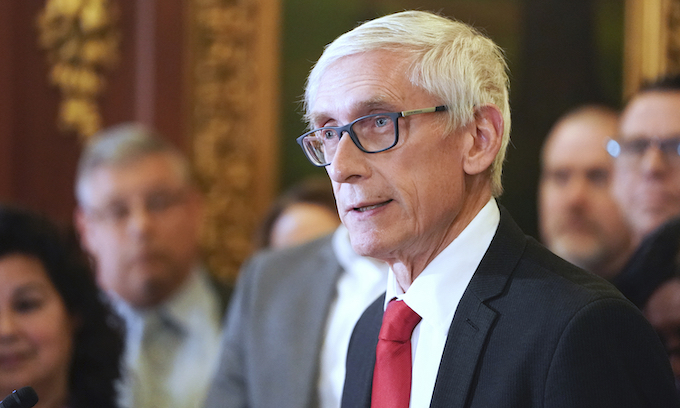
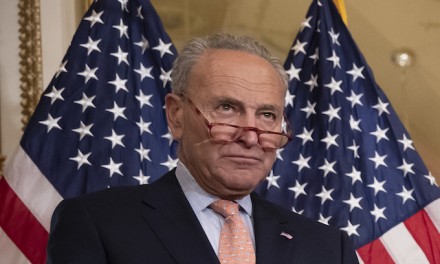

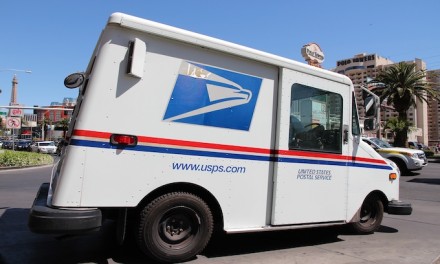
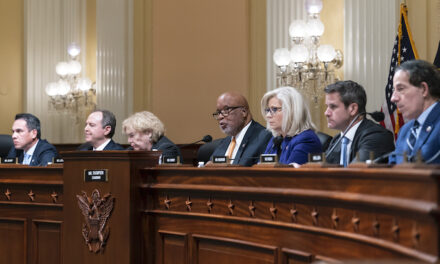










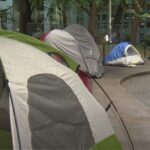
Recent Comments